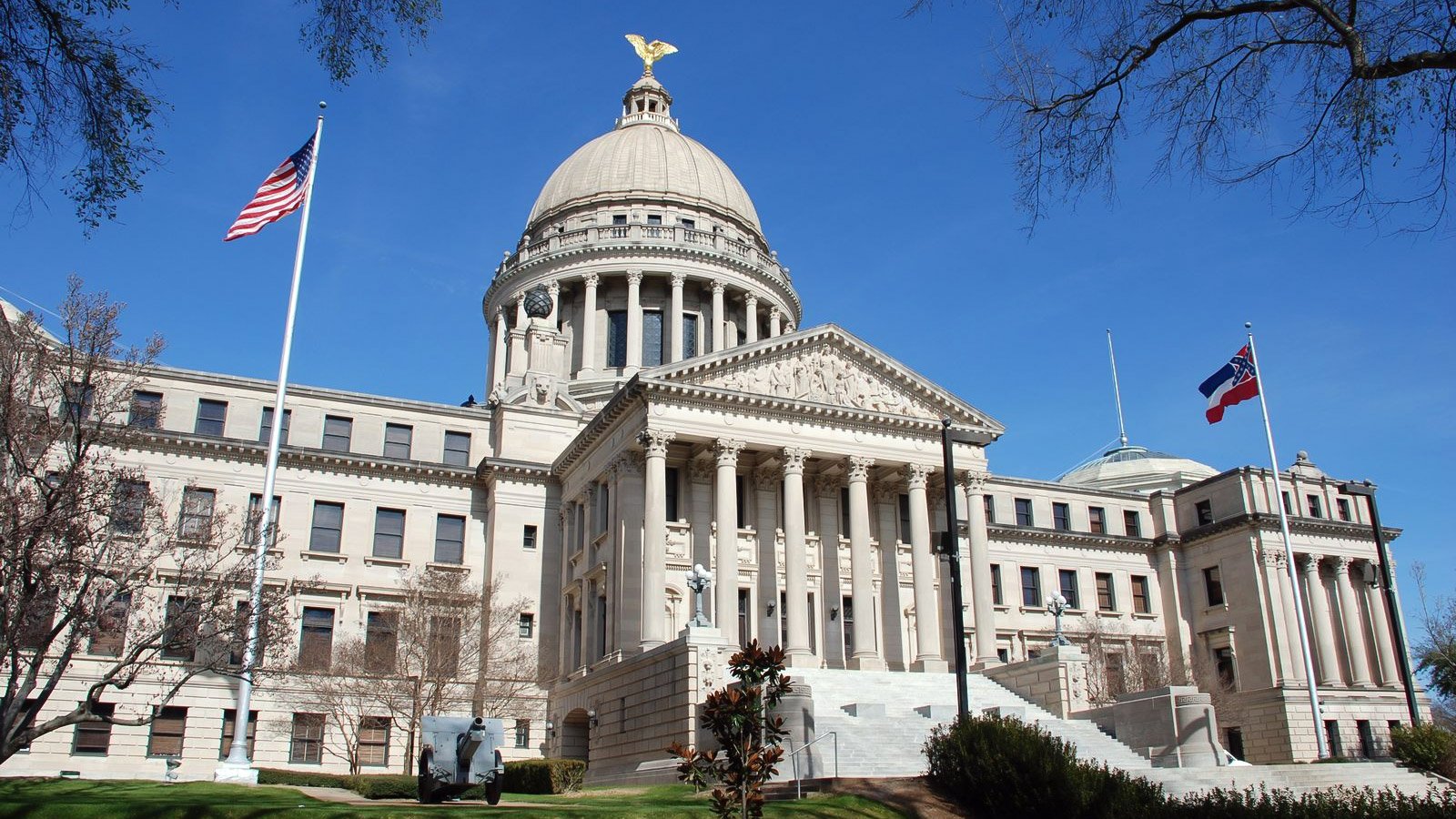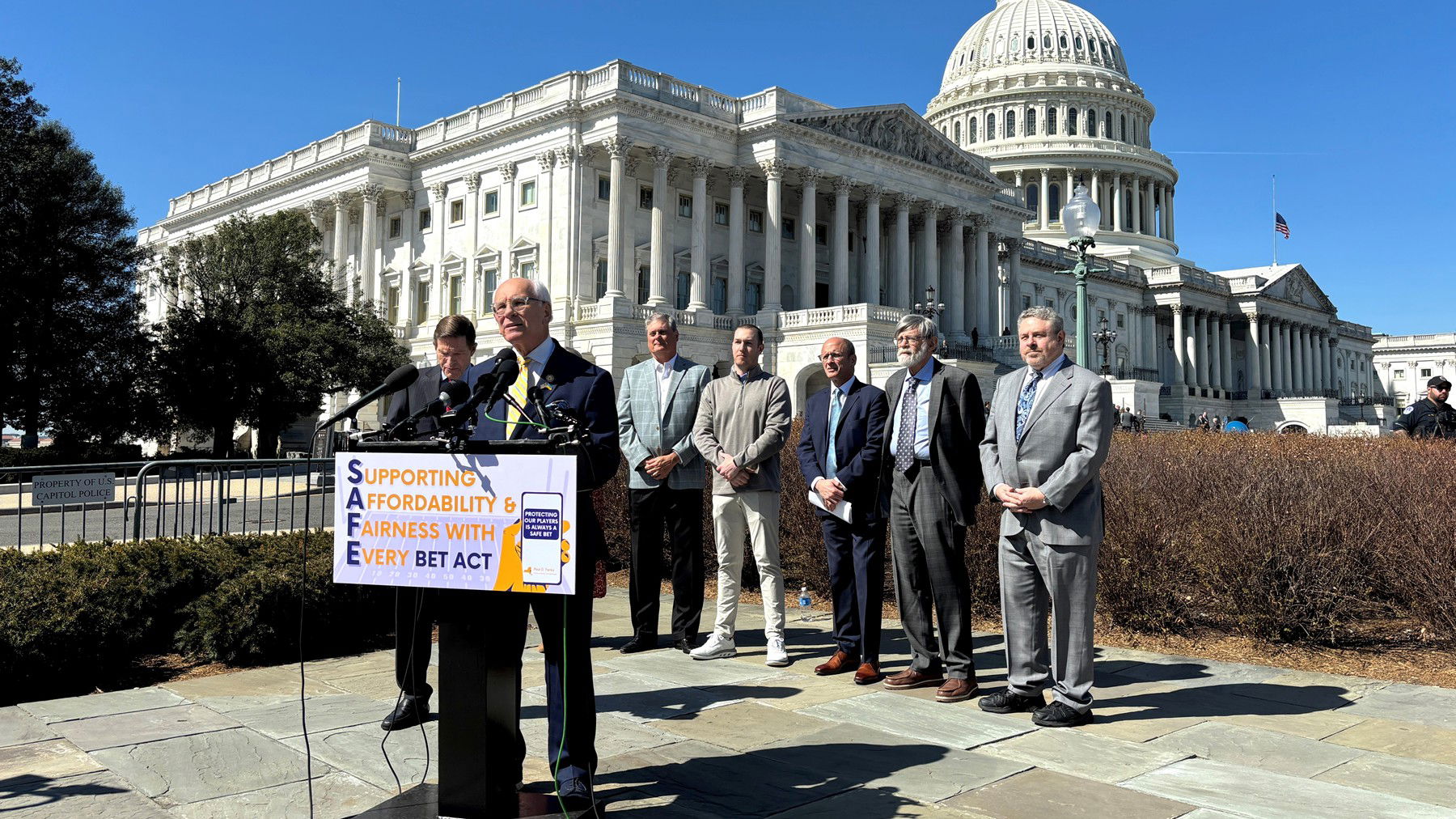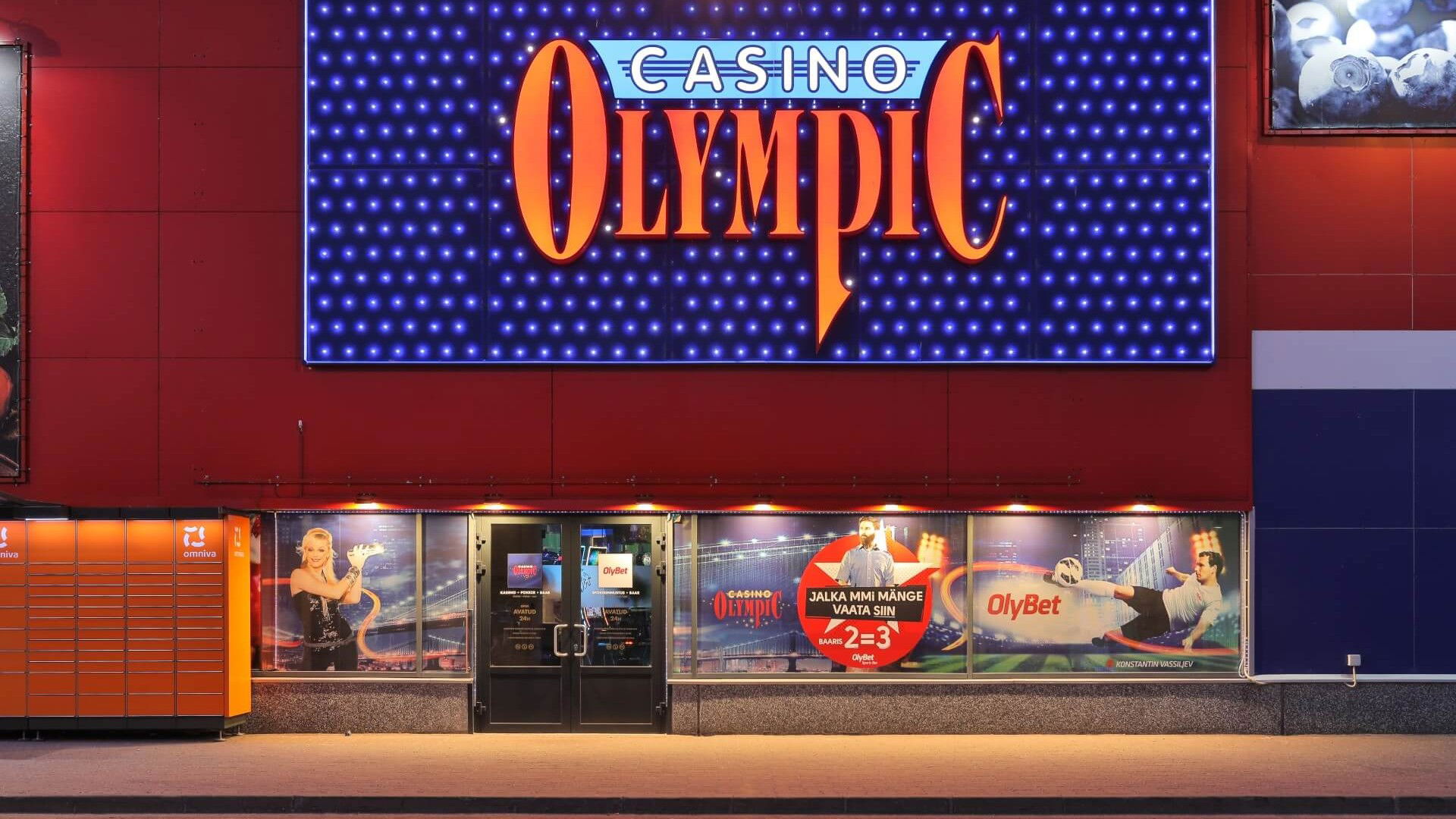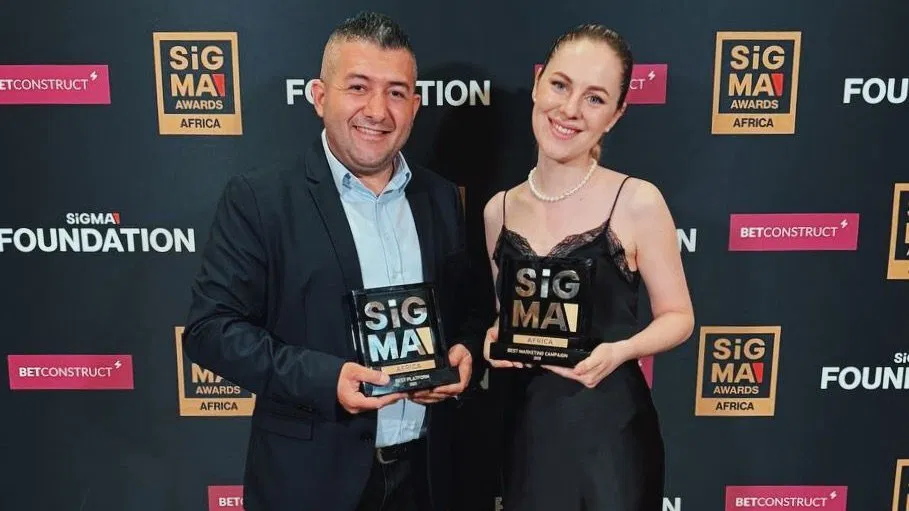Court overturns Philadelphia ban on skill games, raising questions about regulation
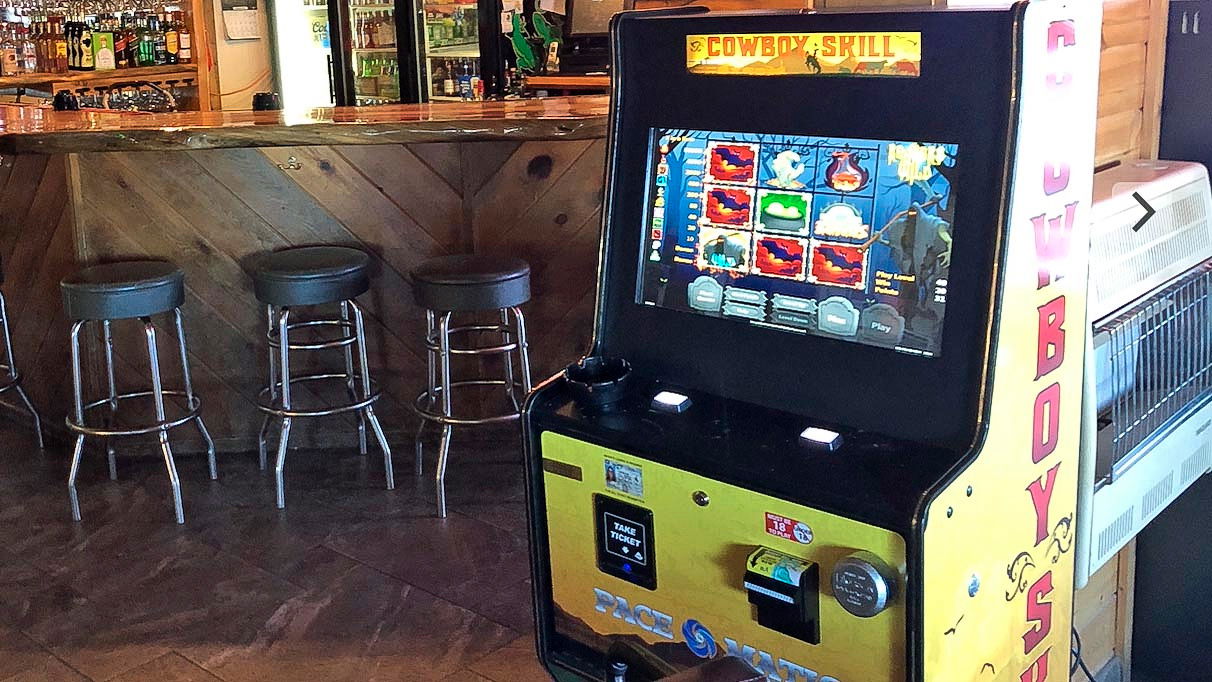
A Pennsylvania court has struck down a Philadelphia ordinance prohibiting the use of so-called skill games in most businesses, reigniting debates over the legality and regulation of these controversial machines.
The Commonwealth Court of Pennsylvania overturned the ban on December 6, marking the latest in a series of legal victories for skill-game distributors and operators. The decision is a blow to local officials and the broader gaming industry, which have long opposed the machines for being unregulated, untaxed, and lacking responsible gaming safeguards.
Skill games, often likened to slot machines, claim to involve a degree of player skill to secure payouts. However, their proliferation has faced criticism from casino operators and gaming advocates who argue the machines evade the oversight imposed on traditional gambling activities.
The ordinance, enacted in March by the Philadelphia City Council and signed by Mayor Cherelle Parker, was challenged by skill-game distributor G&B Amusements and Harry Sandhu, a local gas station owner operating the games. The ban was initially upheld by a common pleas court, which denied efforts to block its enforcement.
However, Commonwealth Court Judge Patricia A. McCullough overturned the ruling, citing legal precedent that exempts such games located outside regulated casinos from the state’s gaming laws.
“As the law stands today, POM games that are located outside of regulated facilities are neither illegal nor regulated,” McCullough wrote in her decision, referencing the prominent game family “Pennsylvania Skill,” developed by Georgia-based Pace-O-Matic (POM).
This ruling follows years of contention between POM, skill-game operators, and the state. Previous court decisions have repeatedly ruled in favor of the operators, overturning law enforcement seizures of the machines.
Pace-O-Matic welcomed the court’s ruling, emphasizing its impact on small businesses. “Pace-O-Matic is pleased, and not surprised, that Commonwealth Court agrees the ban passed by Philadelphia city council is unlawful,” said POM spokesman Mike Barley in a statement.
"Lifting it is a victory for Philadelphia small businesses that count on the supplemental income they receive when patrons play the Pennsylvania Skill games they operate in their establishments
The decision could also influence a similar ban in Bensalem, a Philadelphia suburb home to the state’s top-grossing casino, Parx. That ordinance is currently on hold pending appeals in other cases.
The broader gaming industry, including the American Gaming Association and the Association of Gaming Equipment Manufacturers, has campaigned against skill games, citing their unregulated nature. Meanwhile, Pennsylvania casino operators continue to challenge what they see as unequal taxation, arguing that their slot machine revenues are taxed at over 50%, while skill games remain untaxed.
Philadelphia officials have yet to announce whether they will appeal the Commonwealth Court’s decision. If they proceed, the case would head to the Pennsylvania Supreme Court, which is already reviewing a related appeal.


